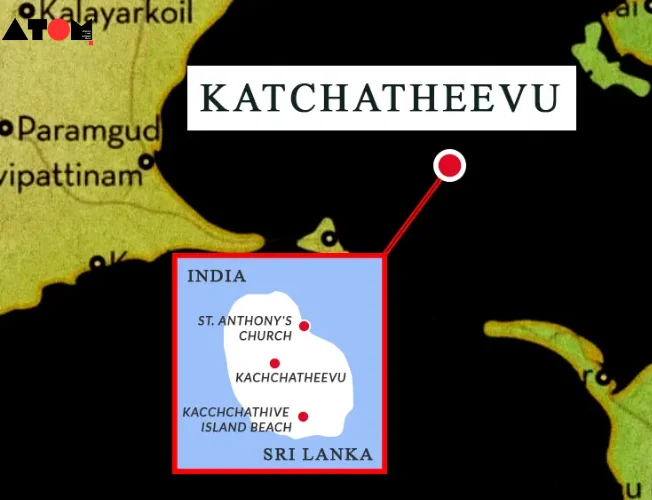A recent revelation through a Right to Information (RTI) application sheds light on the controversial decision made by the government of Prime Minister Indira Gandhi to hand over Katchatheevu Island to Sri Lanka in 1974. This decision has become a focal point in Tamil Nadu’s Lok Sabha campaign and has sparked debates surrounding sovereignty and geopolitical dynamics.
Historical Background
Katchatheevu, a small island in the Palk Strait, has been a subject of contention between India and Sri Lanka for decades. Sri Lanka, formerly known as Ceylon, asserted its claim over the 1.9 square kilometer island shortly after gaining independence. Despite initial dismissals by Indian leaders, the issue remained unresolved, leading to persistent diplomatic tensions.
RTI Revelation
Documents obtained through an RTI application by TN BJP chief K Annamalai reveal the intricate details of India’s handling of the Katchatheevu dispute. Sri Lanka’s relentless pursuit of the island, coupled with historical claims and legal complexities, eventually led to India relinquishing its control over the territory.
Historical Documents
Historical records, including minutes from Prime Minister Jawaharlal Nehru and opinions from legal experts, provide insights into India’s indecision regarding the sovereignty of Katchatheevu. Despite conflicting opinions and assessments, India ultimately acquiesced to Sri Lanka’s claim, culminating in the formal handover of the island in 1974.
Legal Complexities
The legal aspects surrounding the Katchatheevu issue were highly complex, with differing opinions on the strength of India’s and Sri Lanka’s claims to sovereignty. While some legal experts argued in favor of India’s stronger claim based on historical rights, others emphasized Sri Lanka’s persistent assertion of sovereignty over the island.
Diplomatic Negotiations
Throughout the years, diplomatic negotiations between India and Sri Lanka failed to resolve the dispute satisfactorily. Despite efforts to balance India’s claim with the need for good bilateral ties, Sri Lanka’s determined stance and geopolitical factors influenced India’s decision to concede its claim over Katchatheevu.
Political Ramifications
The decision to hand over Katchatheevu Island to Sri Lanka has significant political ramifications, particularly in Tamil Nadu. Opposition parties criticized the Indira Gandhi government for its perceived unwillingness to confront Sri Lanka and protect India’s interests. The issue became a point of contention in parliamentary discussions and fueled suspicions of secret negotiations between Indian and Sri Lankan leaders.
Controversy Persists
Decades after the handover of Katchatheevu Island, controversy and debate continue to surround the decision made by the Indira Gandhi government. The RTI revelation provides further insights into the complexities and nuances of India’s diplomatic and legal approach to the longstanding territorial dispute with Sri Lanka.
Read more: Marketing News, Advertising News, PR and Finance News, Digital News.





